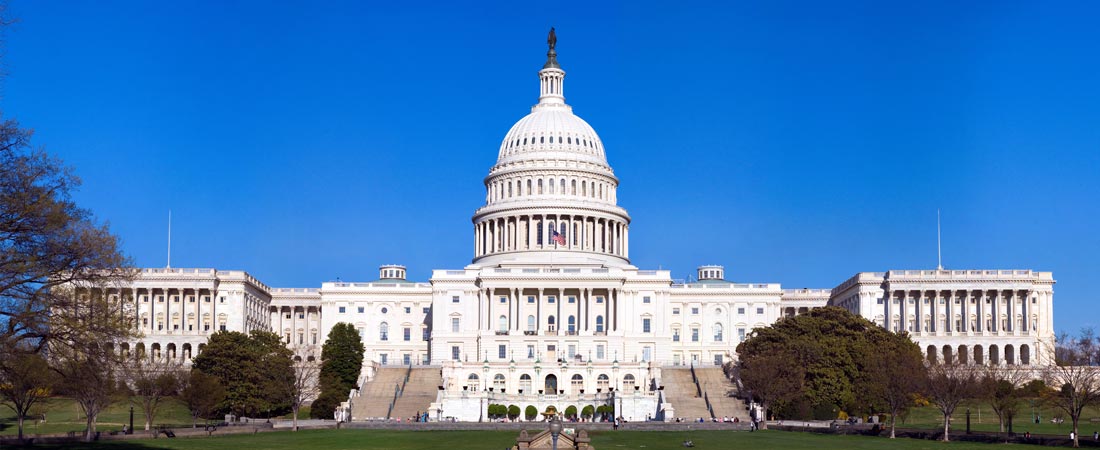Global Health Partners is working in the context of the Trump administration’s increased hostility and negative actions toward both Cuba and Nicaragua. While drafting tightened restrictions on U.S. citizens’ travel to Cuba, the White House recently warned Americans against visiting the island, a spurious move aimed at undermining Cuba’s economy. The U.S. has also expelled 15 diplomats from Cuba’s Washington Embassy, further hampering an already rocky normalization process.
Taking aim, meanwhile, at Nicaragua’s economy, the House, on October 3, passed the Nicaraguan Investment Conditionality Act of 2017, which aims to cut off Managua’s access to loans from multilateral financial institutions. This measure will dramatically impact Nicaragua’s access to economic development funds from sources such as the World Bank and Inter-American Development Bank, where Washington wields the decisive vote.
Last month, Executive Director Bob Schwartz visited our projects in Nicaragua, where the threat posed by the “Nica Act” is already beginning to take hold, forcing severe budget cuts that will constrain the social services sector. As the country’s National Assembly warned, the measure “is blind, deaf, and irrational, conceived by insensitive minds, troublemakers, and completely closed to recognize the rights of Nicaraguans to live away from the conflicts of the past.” In this very troubling context, GHP’s humanitarian projects play an even more vital role in providing medical resources to Nicaragua’s poorest citizens. We are proud to report that, over the past two years, GHP has shipped more than $40 million worth of essential medicines to Nicaragua.


